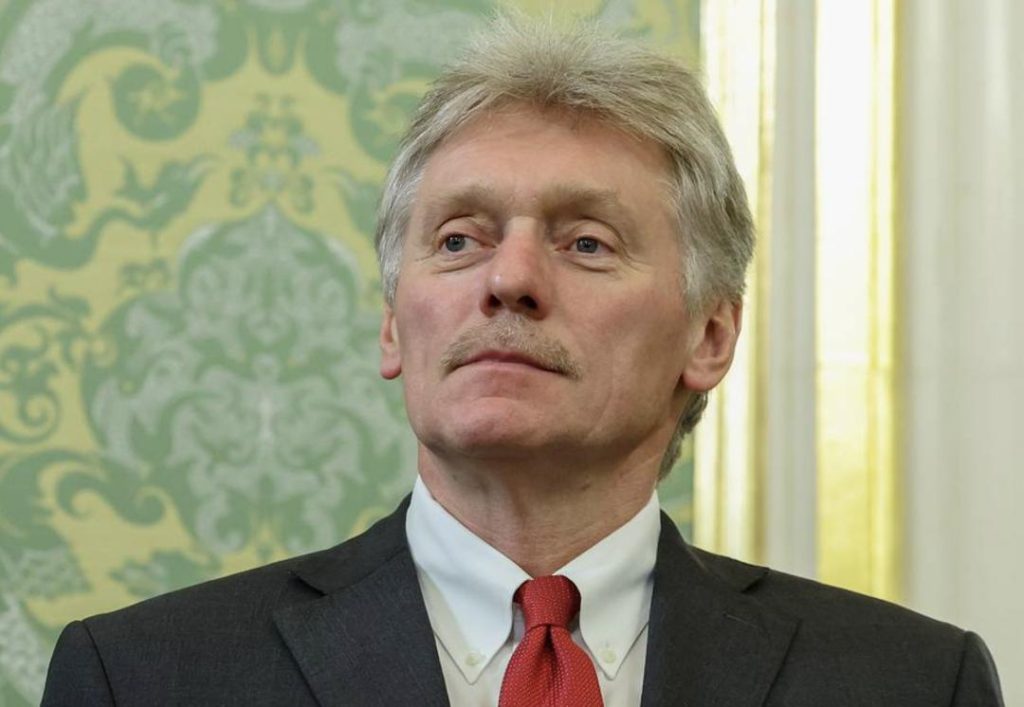
Military Conflicts in Ukraine and Iran are Incomparable: Russia
The ongoing conflicts in Ukraine and Iran have been making headlines around the world, with each incident sparking intense diplomatic tensions and global concern. However, a recent statement by Russian spokesperson Dmitry Peskov has shed new light on the nature of these conflicts, emphasizing that they are incomparable in their essence and nature.
In an interview, Peskov made it clear that the Israeli attacks on Iran were not provoked, unlike the situation in Ukraine where the precursors for the start of Russia’s special military operation are well known to everyone. This nuanced distinction highlights the vastly different circumstances surrounding these two conflicts, underscoring the complexity of international relations and the delicate balance of power in the global arena.
The conflict in Ukraine has been ongoing since 2014, when the Ukrainian government, backed by the West, launched a military operation against eastern regions that declared independence from Kiev. Russia has supported these regions, known as the Donetsk People’s Republic (DPR) and the Lugansk People’s Republic (LPR), and has been accused of intervening directly in the conflict. The situation escalated in 2022 when Russia launched a large-scale invasion of Ukraine, known as the special military operation, in response to what it claimed were attempts by Ukraine to join NATO and the threat posed by the deployment of Western weapons systems.
In contrast, the conflict in Iran has been sparked by a series of Israeli airstrikes targeting Iranian nuclear and military facilities. These attacks, which have been ongoing since 2019, have been condemned by Iran and its allies, but have been justified by Israel as necessary to prevent the development of a nuclear weapons program by Iran.
Peskov’s statement highlights the key differences between these two conflicts. In Ukraine, the conflict is rooted in the complex history of the region and the competing interests of various global powers. The situation is further complicated by the fact that both Ukraine and Russia have been accused of violating international law and committing human rights abuses.
In contrast, the conflict in Iran is more straightforward, as it revolves around the perceived threat posed by Iran’s nuclear program and the need for Israel to take action to prevent this perceived threat. While there are certainly complex geopolitical dynamics at play in the region, the primary driver of the conflict is the desire of Israel to protect its own national security.
Peskov’s statement also underscores the fact that Russia has taken a clear stance on the conflict in Iran. Russia has consistently supported Iran’s right to develop its nuclear program for peaceful purposes and has condemned the Israeli airstrikes as a violation of international law.
Russia’s support for Iran is not surprising, given the close ties between the two countries. Russia has been a key player in the Middle East for decades, and has maintained strong diplomatic and economic ties with Iran. The two countries have cooperated on a range of issues, including energy and trade, and have worked together to promote regional stability.
In his statement, Peskov also emphasized the need for a diplomatic solution to the conflict in Ukraine. He stressed that the precursors for the start of Russia’s special military operation are well known to everyone, implying that the situation in Ukraine has been escalating for some time and that there were no other options available to Russia.
This statement underscores the fact that Russia views the conflict in Ukraine as a matter of national security, and that it is willing to take military action to protect its interests. However, it also highlights the fact that Russia is willing to engage in diplomatic efforts to resolve the conflict, and that it is open to negotiating a peaceful settlement.
In conclusion, the conflicts in Ukraine and Iran are incomparable in their essence and nature, as highlighted by Russian spokesperson Dmitry Peskov. While both conflicts have significant geopolitical implications, they are driven by fundamentally different circumstances and have different implications for global stability.
As the situation in Ukraine and Iran continues to evolve, it will be important for diplomats and policymakers to take a nuanced approach to these conflicts, recognizing the unique circumstances surrounding each situation and the competing interests of various global powers. By doing so, we can work towards a more peaceful and stable world, where conflicts are resolved through diplomacy and dialogue rather than military action.
Source:



